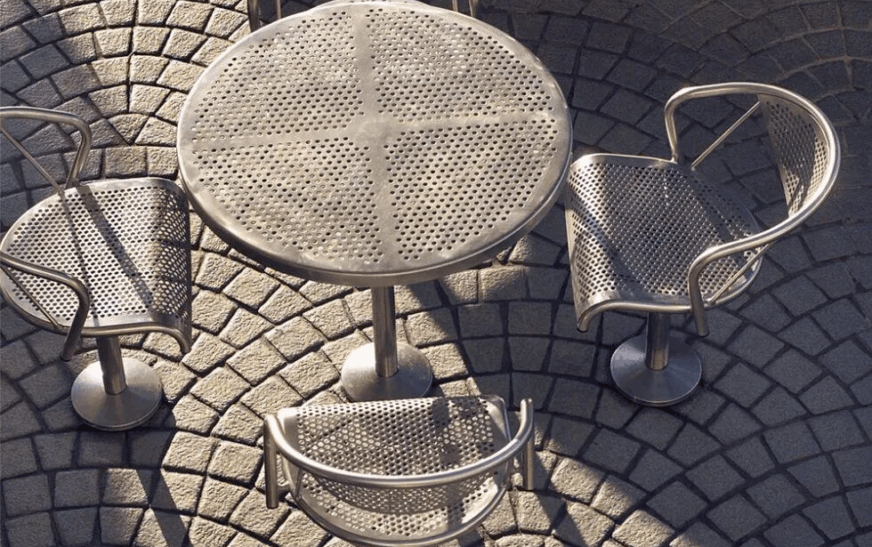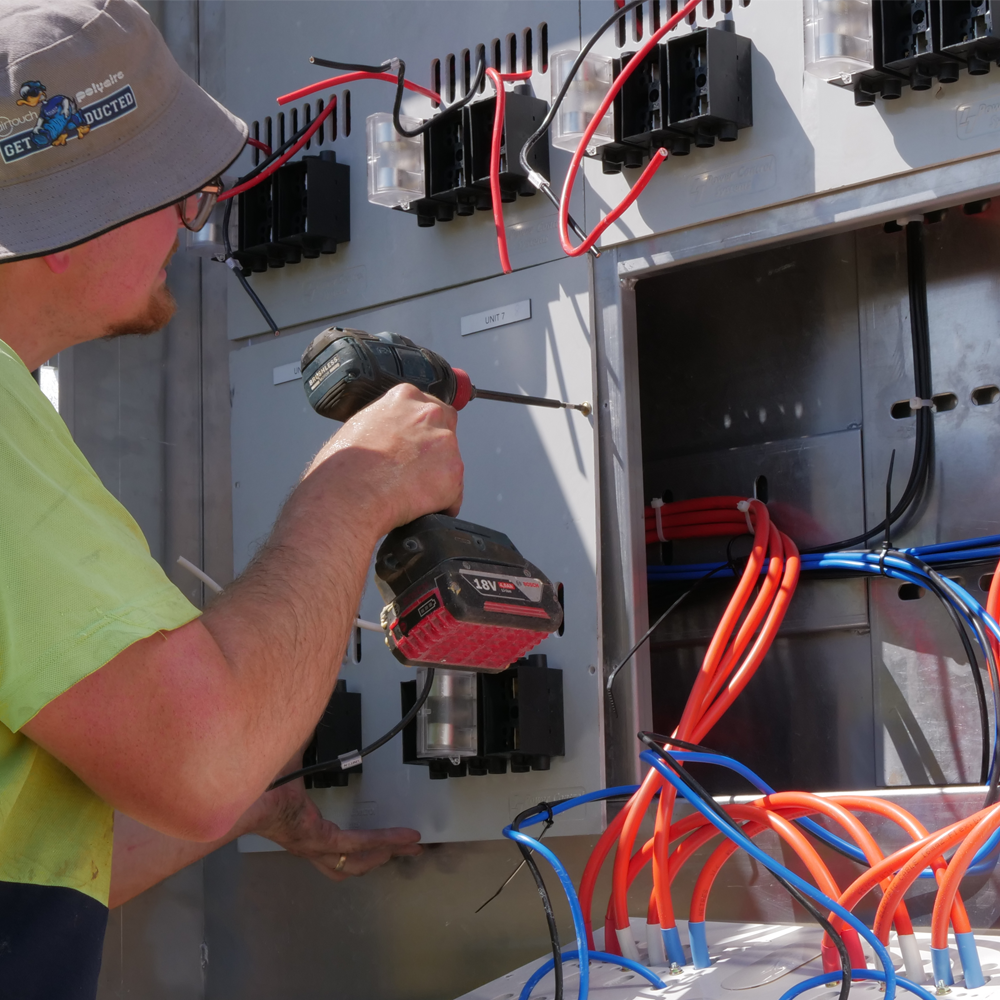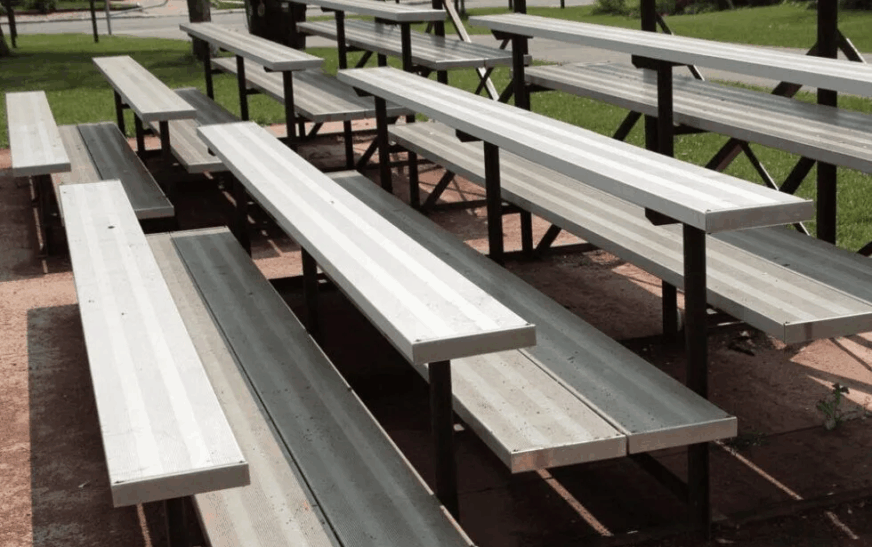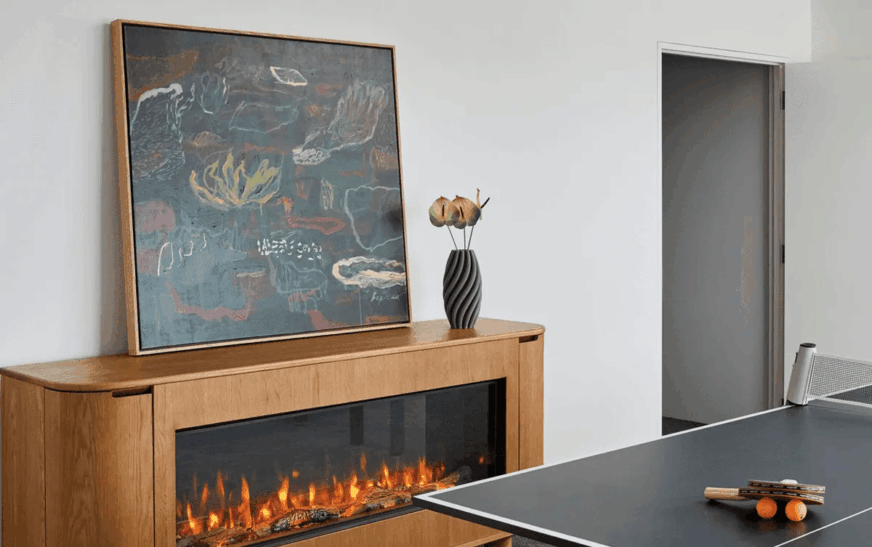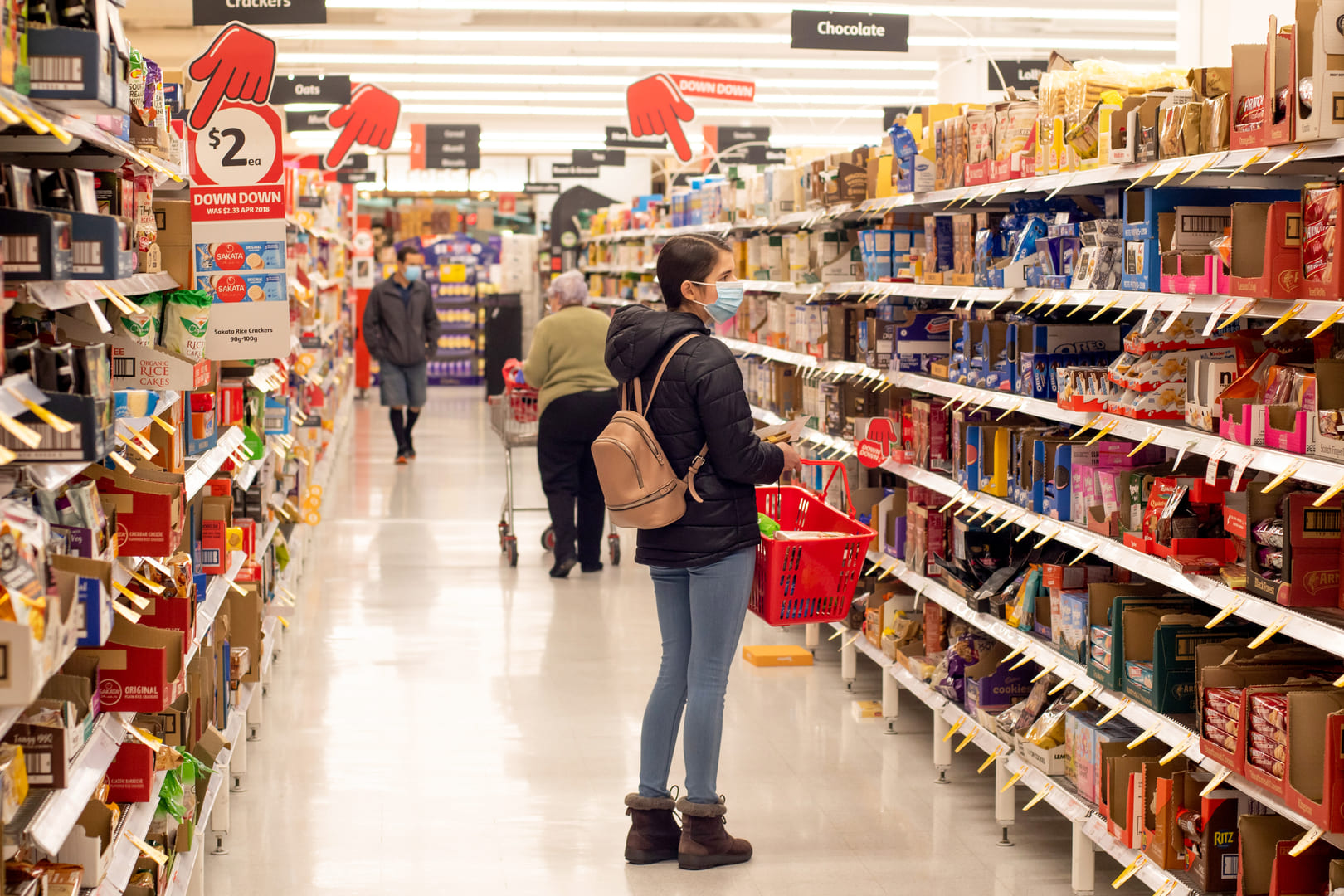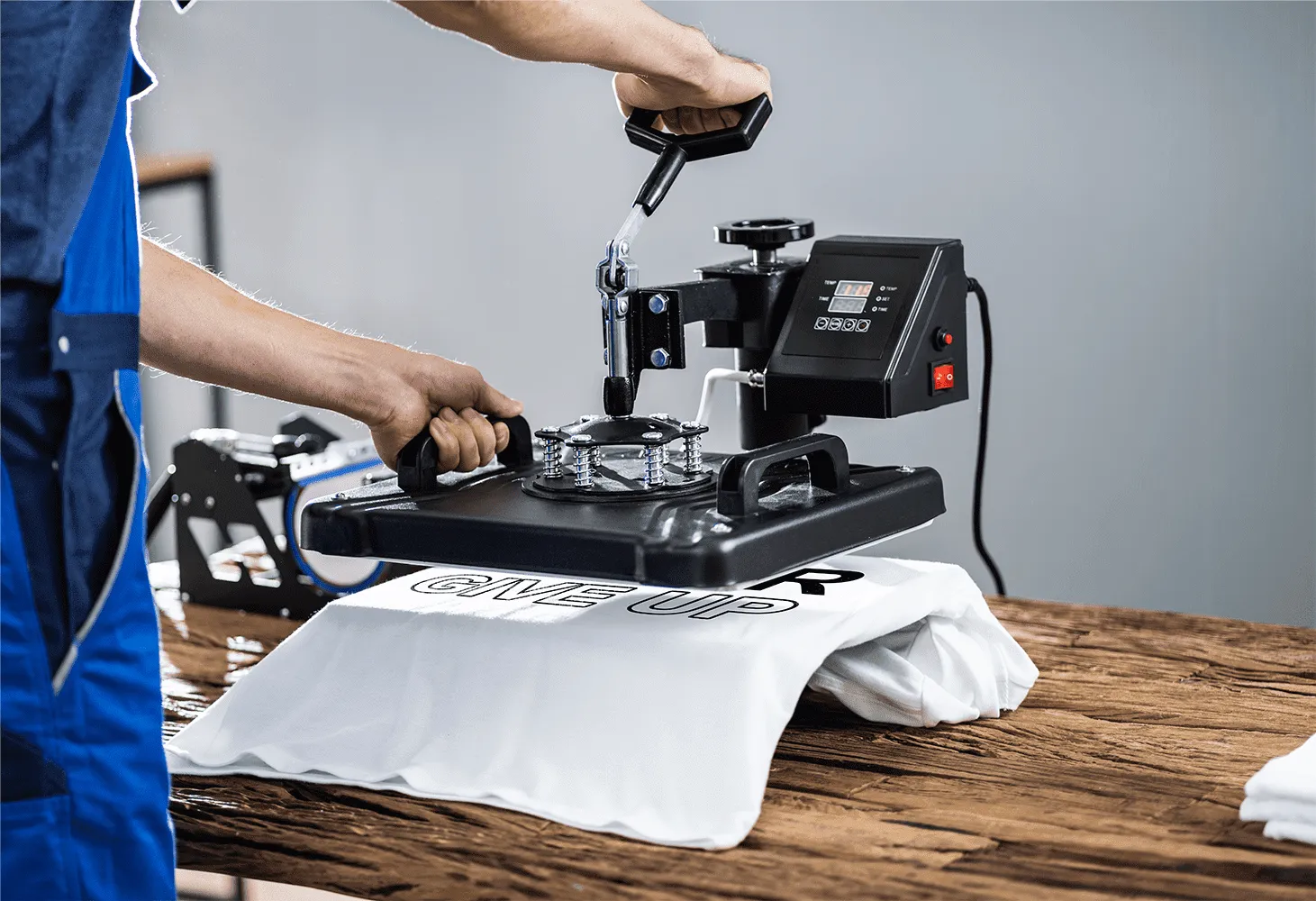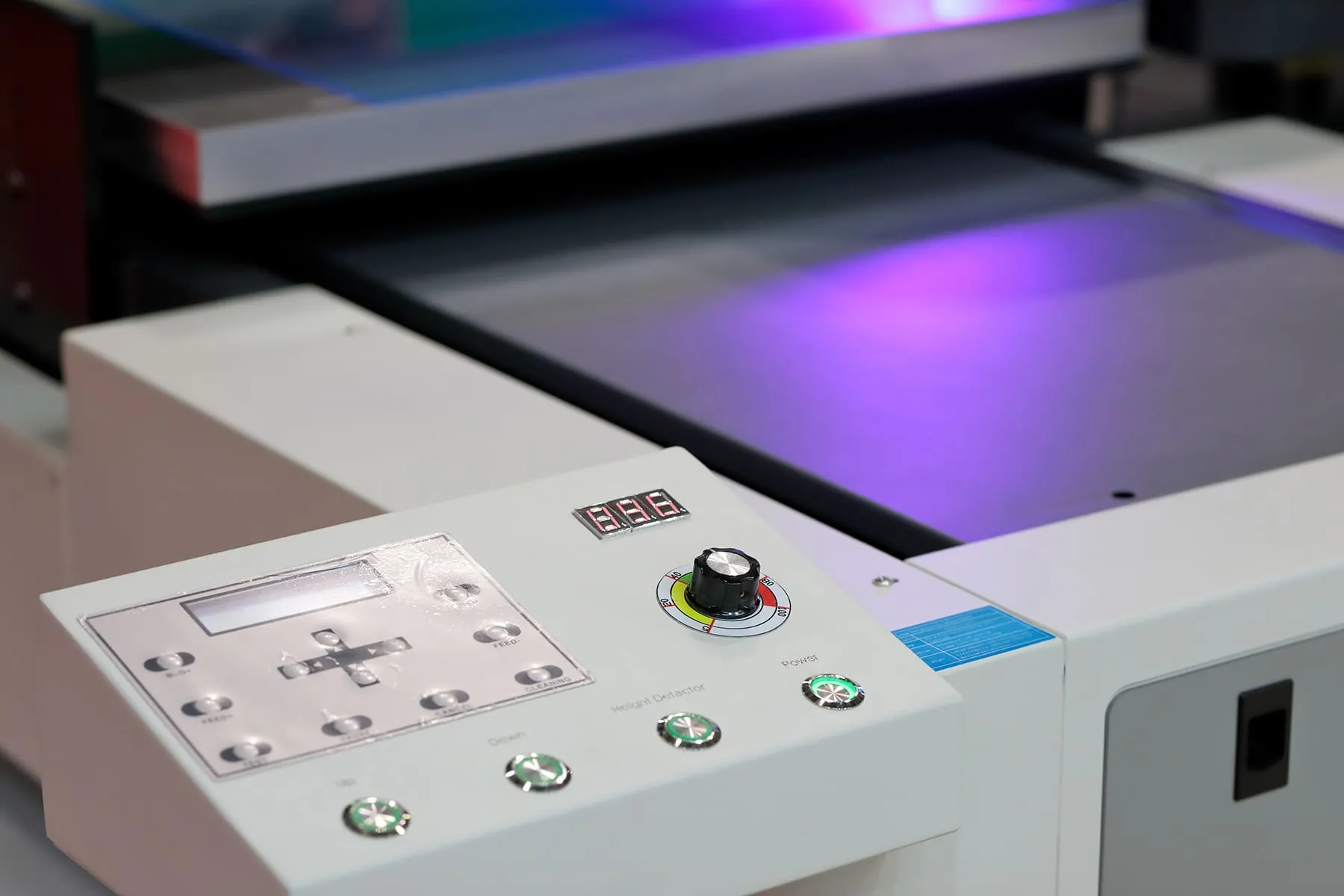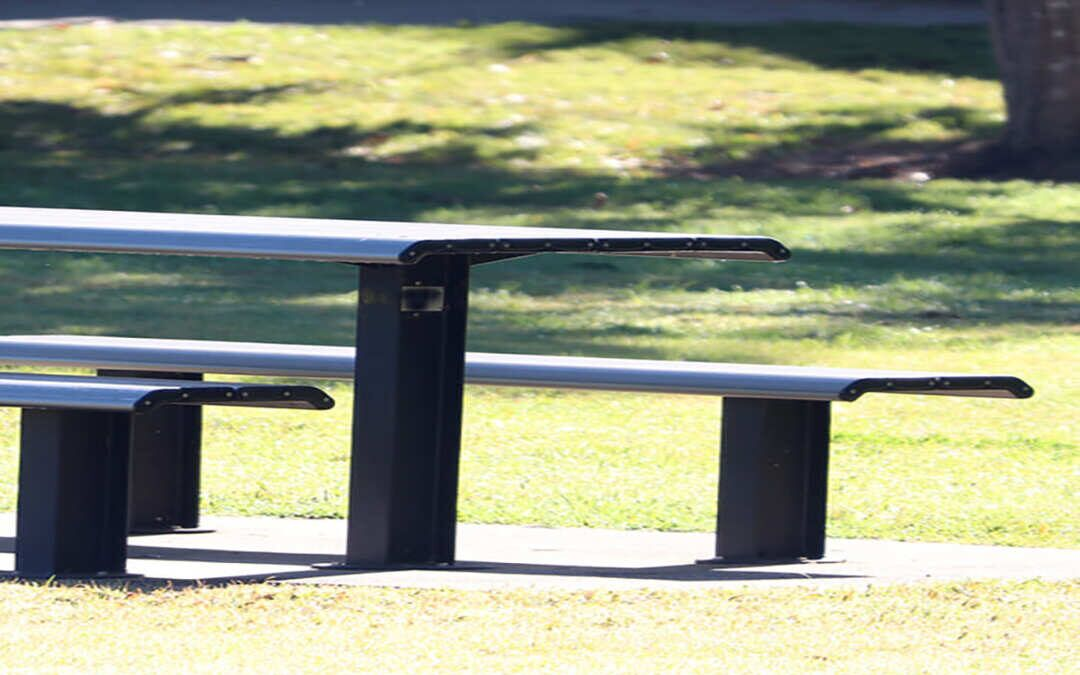Outdoor dining hasn’t just bounced back after the pandemic; it has exploded into a defining feature of Australia’s food scene. From beach‑side cafés in Fremantle to rooftop bars in Melbourne’s CBD, customers now expect fresh air, open skies and a relaxed alfresco vibe whenever they dine out.
Venues that invest in weather‑proof, customer‑friendly furniture are reaping the rewards—extra covers, longer dwell times and repeat bookings. That’s where aluminium seating shines. Below, we unpack why it’s fast becoming the default choice for Australian hospitality businesses determined to make the most of the outdoor dining boom.
The Outdoor Dining Boom: Why It’s Here to Stay
Here’s why outdoor dining is one the rise:
- Permanent behavioural shift: Lockdowns made customers appreciate open spaces. Surveys show more than 60 % of Australian diners now prefer an outdoor table when given the option.
- Year‑round appeal: With mild winters in Perth and sun‑drenched summers on the Gold Coast, many cities can run outdoor covers almost every month of the year.
- Revenue uplift: Adding just four extra tables can boost nightly takings by thousands, especially during peak periods and events.
- Council incentives: Many local councils provide grants or reduced licensing fees for venues that upgrade footpath dining areas.
The opportunity is obvious, but the challenge is selecting furniture that withstands Australia’s harsh climate while looking sharp and feeling comfortable shift after shift.

Why Aluminium Seating Leads the Pack
Aluminium seating strikes the right balance between durability, style and value. Compared with timber, steel or plastic alternatives, it offers:
- Superior corrosion resistance thanks to its natural oxide layer.
- Light weight that makes pack‑down a one‑person job.
- Modern aesthetic that pairs with everything from rustic planks to polished concrete.
- Recyclability that ticks the sustainability box for eco‑conscious customers.
These benefits explain why designers, restaurateurs and commercial builders consistently nominate aluminium as their “go‑to” for patios, decks, beer gardens and footpath settings.
Built for the Aussie Climate
Australia’s weather swings from blistering UV to torrential rain, salty sea breezes and, in the Top End, cyclonic winds. Aluminium seating handles it all:
- No rust, no rot: Unlike mild steel or untreated timber, aluminium doesn’t corrode or decay, even in coastal venues exposed to salt spray.
- UV stability: Powder‑coated finishes hold their colour far longer than painted timber or polypropylene chairs that fade and become brittle in direct sun.
- Fast drying: A sudden Brisbane downpour won’t derail service; wipe down the seats and you’re ready for the next booking in minutes.
For operators, that’s less downtime, fewer replacements and happier patrons who aren’t worrying about wobbling legs or damp cushions.
Lightweight Yet Heavy on Style
Weight matters. Staff need to re‑configure layouts for functions, stack seating at close and clean floors quickly. Aluminium’s low density—about one‑third that of steel—makes these tasks simple:
- Easy manoeuvring: Servers can lift or slide chairs without strain, reducing workplace injuries and saving time during high‑turnover sittings.
- Compact stacking: Many models stack ten high without scuffing, a lifesaver in tight storerooms or overnight lock‑ups.
- Sleek profiles: Thin‑walled tubing and clean welds translate into contemporary lines that complement both heritage terraces and ultra‑modern interiors.
Whether the brief is Hamptons coastal or inner‑city industrial, aluminium frames come in hundreds of colours, textures and shapes, delivering design freedom without the weight penalty.
Low Maintenance, Lower Costs
Running costs crush margins if left unchecked. Aluminium seating helps keep operational expenses under control:
- Minimal upkeep: A quick hose‑down and the occasional mild detergent wash are all that’s needed—no oiling, sanding or re‑painting.
- Long service life: Quality powder coat or anodised finishes often carry 5‑year commercial warranties, outlasting timber that splinters after two summers.
- Fewer replacements: With less wear and tear, managers avoid the false economy of “cheap and cheerful” chairs that end up in landfill within a season.
Add up the savings and aluminium’s slightly higher upfront cost pays for itself long before its rivals require their first major maintenance cycle.
Design Flexibility & Branding Opportunities
Modern powder‑coating technology allows operators to turn seating into a brand asset:
- Custom colours: Match corporate Pantones, local sporting team palettes or seasonal campaign hues.
- Laser‑cut logos: Incorporate emblems or venue names into backrests without compromising strength.
- Mix‑and‑match styles: Pair bold coloured frames with natural timber tabletops or marble bar leaners to create Insta‑worthy spaces.
With diners posting every meal on social media, distinctive furniture becomes free marketing, driving foot traffic and online engagement.
Space Efficiency & Faster Turnover
The right furniture layout can add dozens of covers without breaching walkway regulations:
- Slim frames: Aluminium’s strength allows for narrower legs and arms, freeing up centimetres that matter on busy pavement licences.
- Integrated armrests: On compact terraces, arm‑free stools and benches maximise headcount while remaining comfortable for short‑stay patrons.
- Easy re‑configuration: Swap two‑seat settings for community tables during events or busy brunch shifts without wrestling heavy timber benches.
More seats translate into quicker table turns and higher revenue per square metre—a core metric for landlords and investors.

Sustainability Matters to Diners
Australians increasingly vote with their wallets for eco‑positive businesses:
- Recyclable aluminium: At end‑of‑life, frames are 100 % recyclable with minimal loss of material quality, keeping waste out of landfill.
- Lower embodied energy over lifecycle: Although aluminium production is energy‑intensive, its long lifespan and recyclability counterbalance the footprint.
- Responsible sourcing: Many manufacturers now use recycled content and low‑VOC powder coats, providing greener procurement options.
By promoting these credentials, venues can appeal to climate‑aware customers and differentiate from competitors still relying on throw‑away plastics.
Ready to Upgrade?
Outdoor dining isn’t slowing down—and neither should your seating strategy. Audit your current furniture, crunch the cost‑of‑ownership numbers and consider switching to aluminium before the next busy season hits. The result? A welcoming alfresco space that lifts your brand, pleases your patrons and keeps the cash register ringing—one comfortable, corrosion‑proof seat at a time.

